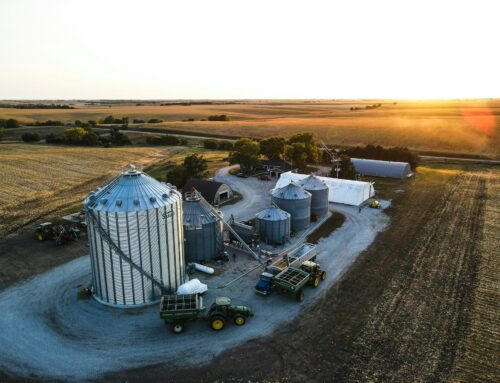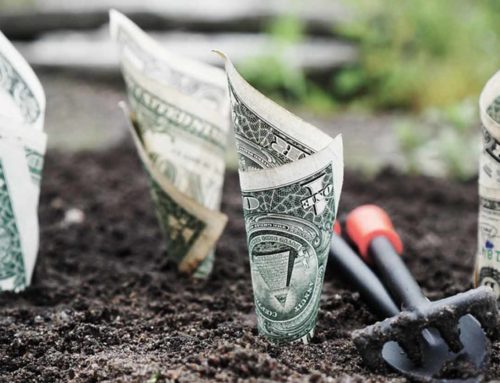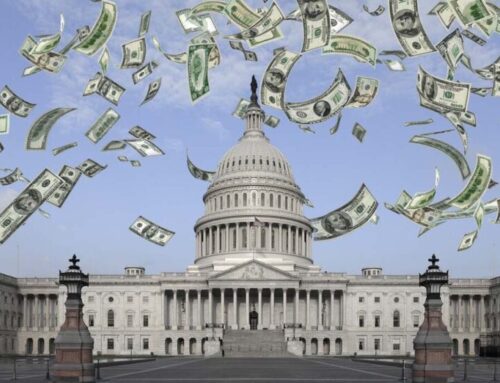No longer content with the massive subsidies currently in place for fuel ethanol, Midwestern politicians and presidential candidates who must pass the ethanol litmus test to perform well in the first-in-the-nation Iowa caucus want to mandate a doubling of ethanol production for the coming decade.
Ethanol subsidies started in the 1970s as an attempt to encourage alternative and renewable fuels and to help wean America off Middle Eastern oil. Today, ethanol has still failed to make major inroads into the motor fuels market and is not even close to becoming cost-effective.
Now, if the proposed ethanol mandate-the renewable fuels standard-is made into law, it would require 5 billion gallons of ethanol in the nation's motor fuel supply by 2012. According to the U.S. Department of Agriculture, about 920 million bushels of corn will be used to make about 2.5 billion gallons of fuel ethanol in the 2002-2003 corn marketing year. The size of the existing ethanol market is largely a testament to the existing subsidy. A 1998 economic analysis by the Food and Agriculture Policy Research Institute says that without the subsidy, the industry's output would shrink to about 290 million gallons.
Implicit in a subsidy for an industry, of course, is a cost to taxpayers. During the 22 years from 1979 to 2001, the ethanol tax exemption cost the Highway Trust Fund as much as $11 billion in lost revenue, according to the General Accounting Office. As the mandate for renewable fuel increases, the cost will only increase-to $2 billion per year by 2012. Meanwhile, the taxpayers will likely be hit again, this time not in their taxes but in the cost of gasoline, which will rise if ethanol production and transportation cannot increase at the pace mandated.
Policies this foolish only come about through the confluence of politics and big business lobbying. Senators from the Corn Belt universally support ethanol subsidies because they benefit local farmers and ethanol production businesses. Current presidential candidates, and all senators who harbor hopes of one day running for president, must also support ethanol for fear of offending Iowa voters. Bill Bradley and John McCain, the last two candidates to disagree with ethanol subsidies, were KO'd in the Iowa caucus. Although ethanol is not a subject on which all agree, every senate Democrat running for president has come out in favor of the increase in ethanol production.
If Louisiana-or any other state where corn is not a major product-and not Iowa, held the first caucus, ethanol subsidies would not have such a long parade of political support. It also doesn't hurt that the political powerhouse agrigiant Archer Daniels Midland remains one of the biggest beneficiaries by producing nearly one-third of all American ethanol.
Mandating ethanol consumption is not about creating American energy independence, cleaning air, or helping taxpayers. The purpose of ethanol is to provide a handout to big agribusinesses by guaranteeing markets and prices for their products and to farmers by artificially inflating the price of corn. Campaign donations from those businesses and the votes from those farmers and their neighbors elect the politicians who are now giving back… to the special interests.
Corn country has been sucking at the federal baby bottle for too long. If the renewable fuels standard passes, let's start phasing out the subsidies and let the ethanol market grow at its own pace until it exceeds the standard and can walk away from the federal dole.











Get Social